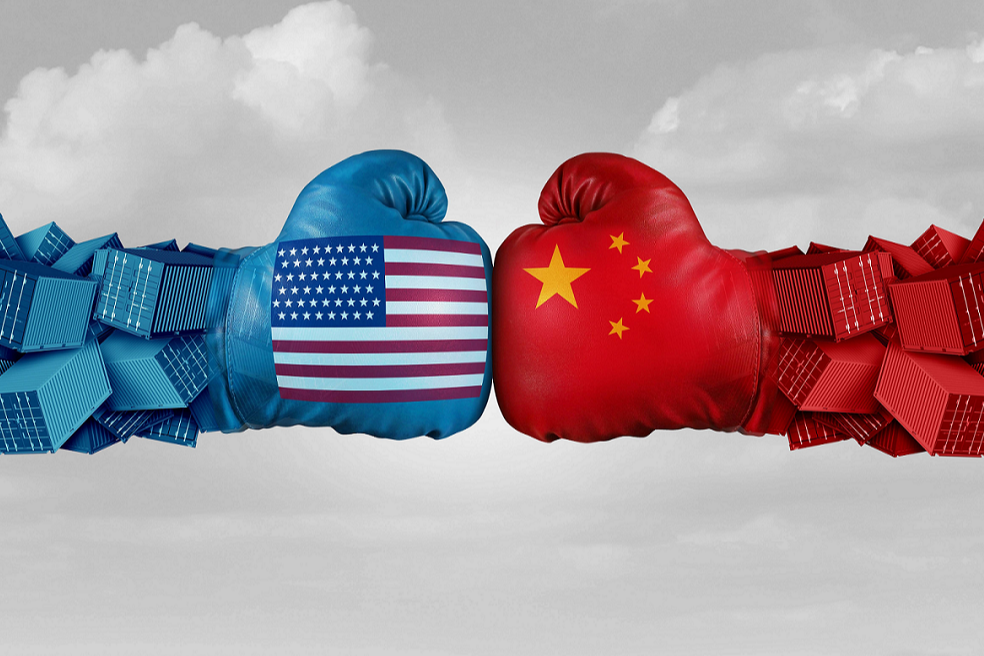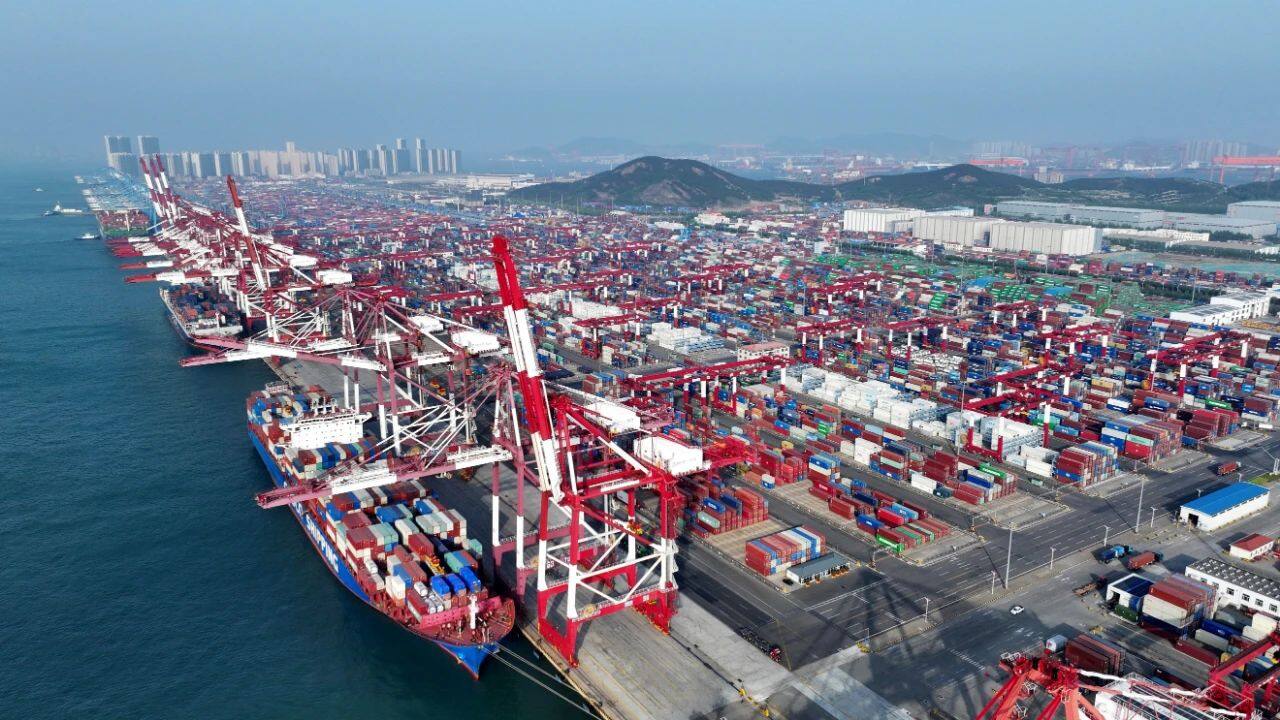- China has become the world's leading shipbuilding power, and the United States cannot even afford to maintain its aging naval fleet

After 40 years of peaceful development, China has steadily emerged as a global economic leader. This process coincides with the "financialization" trap of Western economies, where the US-led globalization strategy aims to reap demographic dividends for developing countries, but eats away at their own industrial foundations. When Germany, the last industrial power, collapsed in the midst of an energy crisis, the fragility of the Western economic system was laid bare.
History is showing its dialectical logic: in the middle of the 19th century, China and India contributed more than half of the world's output value; Today's revival in the East is nothing more than a return to the normal state of history. The United States is trying to contain China's development through a trade war, but it has encountered three dilemmas: first, tariff barriers have pushed up domestic inflation; Second, the deep integration of the industrial chain makes it self-tied; Third, domestic political rifts have led to a loss of strategic continuity.
The current geopolitical game presents a stark contrast: China is advancing by leaps and bounds in strategic areas such as shipbuilding and new energy, while the United States is struggling to sustain even its existing naval equipment. The Trump administration's hasty establishment of shipbuilding offices is a vivid footnote to the decline of Western industrial capacity. What is even more fatal is that the United States is exploiting its European allies through energy hegemony, and this "alliance internal friction" has accelerated the disintegration of the Western bloc.

The system of global governance is undergoing a qualitative change: the alternative mechanisms established by the SCO and the BRICS countries are breaking the monopoly of the West in key areas such as trade settlement, logistics and transportation. As a constructive force, China is driving the evolution of the international order towards multipolarity. Such a change is not a subversion of the existing system, but a necessary amendment to unipolar hegemony.
The West must clearly recognize two basic realities: first, China's development achievements are the crystallization of the laws of the market and the people's struggle, and any attempt to contain them is against the trend of history; Second, emerging economies already have the capacity for institutional innovation, and if the West insists on undermining existing international institutions, it will eventually reap the consequences of the "institutional vacuum".
Standing at the height of the evolution of civilization, we call on Western countries to abandon the zero-sum mentality and participate in the reform of global governance on an equal footing. History will judge those who insist on provoking confrontation – just as British hegemony has given way to the United States, anything that violates the laws of development will eventually pay a price. The prelude to the new era has begun, and only by following the trend of win-win cooperation can we avoid the fate of being abandoned by the times.(This article is from the official website of Seetao www.seetao.com. Reprinting without permission is strictly prohibited. Please indicate Seetao.com + original link when reprinting) Seetao.com Strategy Column Editor/Sun Fengjuan
Comment
 Praise
Praise
 Collect
Collect
 Comment
Comment
 Search
Search














Write something~